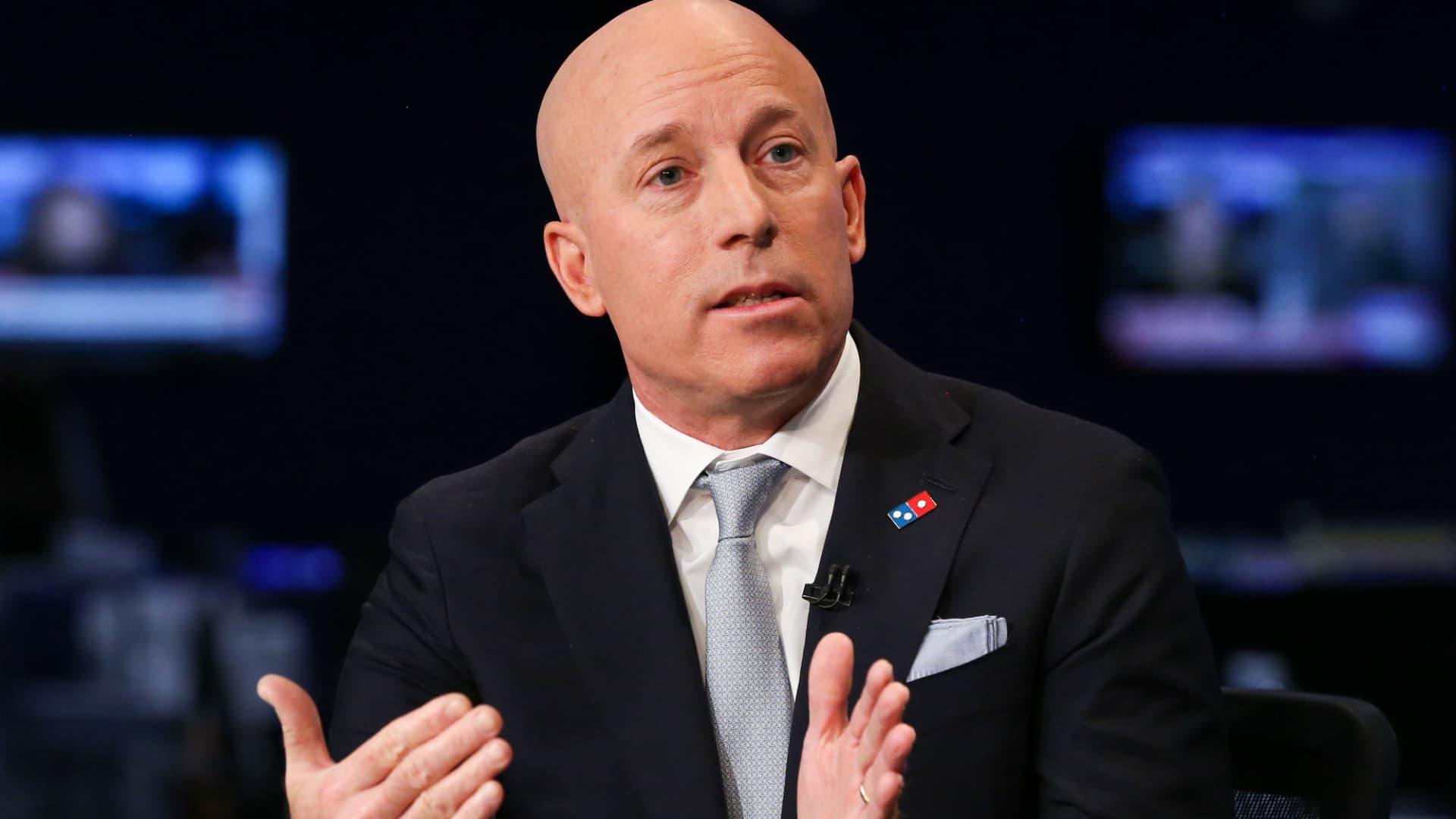- Feb 22, 2017
- 106,149
- 36,247
- 2,290

The Labor Shortage Is Getting Worse. A Return to ‘Normal’ Looks Questionable.
September’s jobs report failed to show a mass return to work, and instead showed signs of inflation. It’s time to ask whether economists, policy makers and investors are overattributing the labor shortage to temporary Covid-19 factors and missing the curve on inflation.
This is a bit of a different take on what is causing the labor shortages.
To attribute slow hiring mainly to the pandemic presumes the labor shortage is temporary. But travel trends examined by Barron’s suggest the acute lack of workers owes to more than Covid infection rates, a revelation that raises questions about why workers are staying home and whether they will come back to the traditional labor market.
...
Mobility trends in states including Arkansas, Ohio, Oklahoma, and Maine show traffic is rising across all categories—except places of work. If it’s the fear of Covid preventing a broader return to work, why is public transportation traffic up in states where workplace traffic is down? It stands to reason that a person avoiding work to avoid infection would probably avoid mass transit. Traffic is down across all categories in many states, but often with much more pronounced declines in workplace traffic compared with transit, retail, and other places.
...
First is the fact that the pandemic prompted a record number of new businesses. The peak was in July 2020, when close to 600,000 new business applications were filed, up 100% from the year prior. Monthly applications have since fallen but remain about 50% higher than before the virus took hold.
...
Veronica Clark, economist at Citi, says that despite the labor market hole of about five million, household income is back to prepandemic levels. That suggests some two-income households have become one-income households because they can afford to, she says. It’s possible the 47% gain in the S&P 500 since its March 2020 low, coupled with a 25% rise in home prices since the pandemic started, has many households feeling flush. What if many of the two million parents—mainly mothers—who dropped out of the labor force last year don’t return? It’s time to ask that question given that the new school year has failed to bring back workers.






